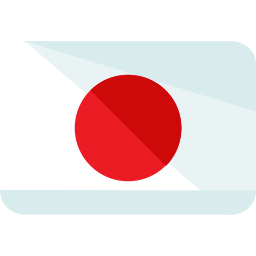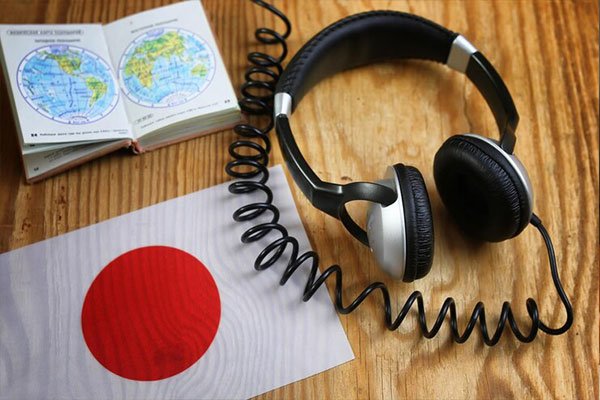Japanese Language Course
Japanese is primarily spoken in Japan, where it is the official language. The number of Japanese speakers worldwide is approximately 128 million, with the majority residing in Japan. However, the Japanese language has also spread to other parts of the world due to factors such as migration, business, and cultural exchange.
Japan is known for its advanced technology, innovation, and efficient manufacturing processes. The country has a strong industrial base and is a global leader in various sectors, including automotive, electronics, robotics, and precision machinery.
Download Brochure

Benefits of Learning Japanese
- Knowing Japanese can open up career opportunities, particularly if you plan to work in international business, trade, tourism, or as a translator/interpreter. Many multinational companies value employees who can communicate in Japanese
- If you are interested in fields such as Japanese studies, East Asian history, or linguistics, learning Japanese is essential for conducting research and accessing academic resources.
- Japan is a popular tourist destination with a rich cultural heritage, stunning landscapes, and vibrant cities. Knowing Japanese can enhance your travel experiences by enabling you to communicate with locals and navigate the country more easily.

JLPT (Japanese Language Proficiency Test)
The JLPT is a widely recognized standardized test for assessing Japanese language proficiency. It is divided into five levels, from N5 (easiest) to N1 (most difficult):

N5.1/ N5.2
Duration: 30 Hours/ 30 Hours
Suitable for beginners. It covers fundamental grammar and vocabulary.
Reading: The ability to read and comprehend common expressions and sentences written in hiragana, katakana, and basic kanji.
Listening: The ability to listen to and grasp conversations about issues often encountered in daily life and classroom circumstances, as well as to pick up vital information from short, slow-spoken




N4.1/ N4.2
Duration: 40 hours/ 40 hours
Slightly more advanced than N5, it requires a broader vocabulary and more complex sentence structures.
Reading: The ability to read and comprehend texts on familiar daily issues written in basic vocabulary and kanji.
Listening: If conversations are spoken slowly, one can listen to and comprehend them, as well as typically follow their contents.


N3.1/ N3.2
Duration: 40 hours/ 40 Hours
Suitable for those with a solid grasp of grammar and the ability to read and understand moderately complex texts.
Reading: the ability to read and comprehend written texts with specific content on everyday themes. One can also comprehend summary information, such as newspaper headlines. Furthermore, if some alternative terms are provided to enhance one’s understanding, one is able to read slightly challenging writing encountered in everyday circumstances and understand the essential aspects of the text.
Listening: The ability to listen to and comprehend coherent discussions in everyday contexts, spoken at a near-natural pace, as well as follow their contents and grasp the relationships among the persons involved.




N2
Upper-Intermediate
- Upper-intermediate level, requiring a high level of reading, listening, and communication skills.
- It is often necessary for certain job or study opportunities in Japan.


N1
Advance Level
- Advanced level, demonstrating near-native proficiency in Japanese.
- This level is essential for careers that require advanced language skills or academic studies in Japan.



JLPT (Japanese Language Proficiency Test)
The JLPT is a widely recognized standardized test for assessing Japanese language proficiency. It is divided into five levels, from N5 (easiest) to N1 (most difficult):

